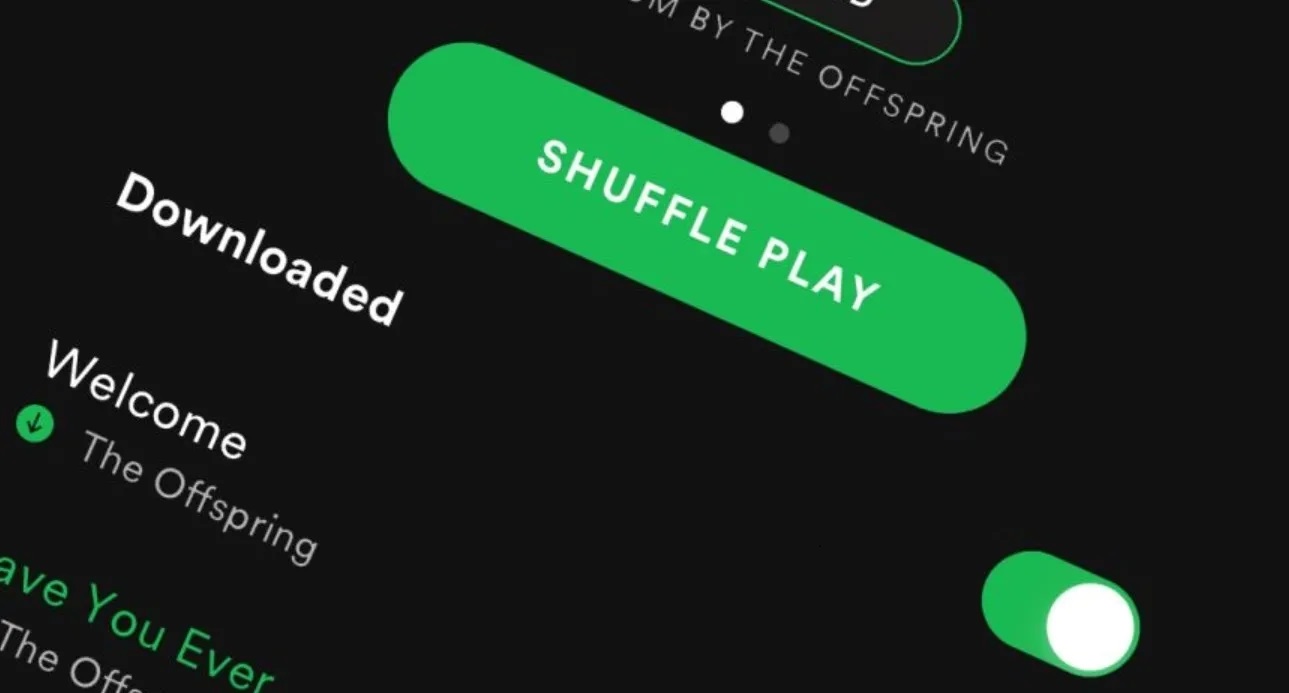How Spotify’s random shuffle represents big corporations’ control over our lives – Daniil D.
How often do you use Spotify? I personally can’t use it at the moment, because my account has been blocked. However, this doesn’t mean I didn’t use it or that I don’t listen to music now. As a matter of fact I am listening to music right now, while writing this. And of course, my playlist is on shuffle.
If you are anything like me, you listen to music a lot. On the bus, train or plane, while walking, doing work or relaxing, or in showers – so the sound of water will soften the impact of your attempt at hitting that one high note in your favourite song. Coincidentally, after literally hours of listening to music in the shower or in places with no internet connection, I started to pick up on the fact that some songs keep coming up more often than others. After this revelation, the thought kept on being at the back of my mind, so I decided to dig deeper.
However, let’s first establish, what shuffle is. To put it simply: shuffle randomises the order of the songs in your playlist, so it doesn’t get repetitive, and you still listen to songs you added first, while not making the songs you added last overbearingly intrusive. Mattias Petter Johanasson, a Spotify developer, wrote in an internet post: “So we got tons of complaints from users about it not being random. The problem is that to humans, truly random does not feel random” Babar Zafar, a lead developer at Spotify, interviewed for Tech Tent on the BBC World Service: “Our brain is an excellent pattern-matching device. It will find patterns where there aren’t many.” And what our brain actually wants is not a “true random”, where any song has an equal chance at being played next. It wants all the songs to be spread across nicely, which is what Spotify does. For example if you have a playlist made of 10 song, Spotify’s algorithm will aim to play those songs at roughly 10% interval.
Being a number person, taking further maths, I imagine Mrs. Botley could ask me to do some statistics of this problem to see if there are any correlation or causation patterns. But to save time for both of us, I took it to reddit to see if anyone has had the same thought as me. And of course someone did. I found an answer, where a person made a playlist of 100 rap song, 99 of them were popular and had a lot of listeners, and one song that was not popular at all. The user then shuffled the playlist 50 times and the results showed that in all 50 shuffles the less popular song didn’t get lower in the shuffle then number 76.
Of course, if it is random there is always a chance of this happening, but it is low enough that we could safely assume, that Spotify’s algorithm pushes more popular songs towards the top of our shuffle playlists. Understandably, the algorithm could also put songs you have listened to the most to the top as well, but now we have a pattern of a big company pushing songs on to you. Keep it in mind for later.
Now, have you ever heard a song that you don’t like? Obviously yes, since we aren’t NPC’s and have our own opinions. Next you hear that song played in a shopping centre or your friends play it. Or someone popular praises it. All of a sudden you find yourself with that song stuck in your head and you actually start to like it. I have fallen into that trap on a number of occasions in the past, when peer opinions would sort of dictate my taste in music and likes. A big record label or a wealthy artist who releases music can push music on to us on social media platforms and in public spaces through advertising.
Back to shuffle. We can see a correlation of these two events. But can’t you see how I’m not talking about music as much anymore. Apply that formula to big corporations like Facebook with
their ads, Google with the sheer amount of information they have on us, Amazon and a myriad of
others, and you start to feel that every part of your life is controlled. Of course, it isn’t, but
how do we know actually what our opinions are and which ones are pushed onto us by social media, the internet, society, etc.
Finally, what is the point of me talking to you about it? It is to encourage more critical thinking and self-awareness. In the digital era, it is easy to lose yourself in the sea of voices and opinions, news and releases, negatives and positives. I highly encourage you to distinguish yourself from others and to know your values, your beliefs and your adorations – not others!















Post Comment
You must be logged in to post a comment.